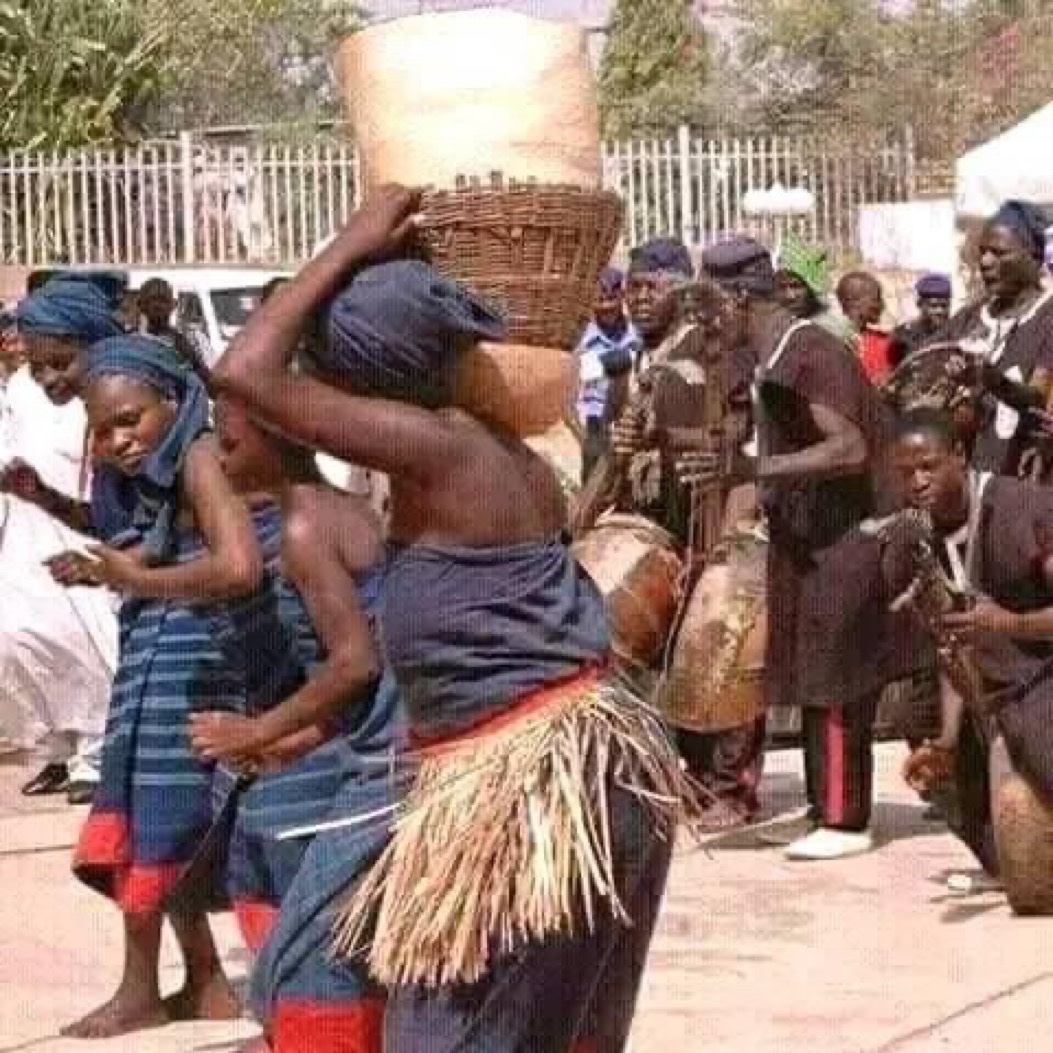FCT Abuja serves as the ancestral home for the Gbagyi people, or Gwari (also spelled Gbari), a community of peaceful, agriculturalist, artistic, and Nupoid-speaking individuals residing in the north-central geopolitical zone of Nigeria. Predominantly situated in Niger, Kaduna States, and the Federal Capital Territory, they can also be found in Nasarawa and Kogi States within central Nigeria. The Gbagyi ethnic group holds the highest population in the Federal Capital Territory (FCT), primarily engaging in farming as their main occupation.
According to oral tradition, the initial settler in Abuja was a hunter who ventured into Paikokun land, a dense forest in Abuja, with Paikokun being the name of the mountain where the first settlement occurred. Historically, the Gbagyi people inhabited mountain tops for safety before Western civilization prompted many to relocate to the plains.
HOW TO IDENTIFY GBAGYI
Identifying Gbagyi individuals is notable for the unique practice of Gbagyi women carrying heavy goods on their shoulders, avoiding disturbance to the head, which they regard as the king of the body. This practice, known as placing goods on the “Bwapa,” is a tradition that persists to this day.
The Gbagyi marriage customs are deeply rooted in tradition, where traditionally, a man expressing interest in a woman would serve seven years on the bride’s father’s farm, supplying grains and other produce.
Nowadays, the groom typically pays the bride’s price instead of the traditional seven-year service.
RELIGION
In terms of religion, Gbagyi people have diverse beliefs. Some believe in a God named Shekwoi, while others devote themselves to appeasing deities like Maigiro. Their indigenous religion, Knunu, is practiced to protect them from evil in the community.
CUISINE
Gwari cuisine includes a dish called Wyizhe, made from Guinean corn, and a special drink known as Zhepwo. Additionally, they enjoy a soup called Knadolo made from locust beans.
CLOTHING
Traditional clothing for the Gbagyi people is the tie-and-dye Ajeside, crafted from local cotton and traditional woven and dyed fabrics.
OCCUPATION
The primary occupations of the Gbagyi people include farming, wood-fetching, pottery, and blacksmithing.
Notably, the woman featured on the 20-naira note, Ladi Dosei Kwali, is of Gbagyi heritage.


